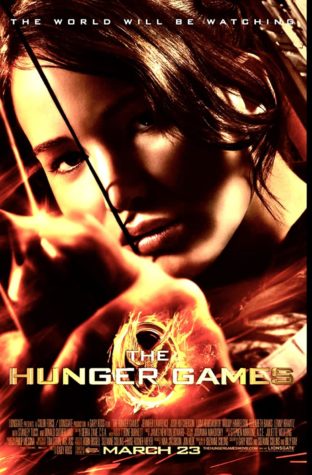Allow Me to Change Your Mind: The Entertaining World of Esport
February 13, 2023
The spring 2023 semester is in full swing and with it comes a new series of sports. Not all sports require the full extent of exerting one’s body to its limits and then trying to exceed THAT. Some sports can challenge the mind. An example is a new breed of sports that has been on the rise as of late and that, my friends, is the wondrous world of esports. Before we go into what I think of esports in general, let’s dive into its history and see what led to its rise in popularity.
Video game competitions have been around as long as video game consoles, with the earliest known video game competition taking place on Oct. 19, 1972 at Stanford University for the game “Spacewar!” Stanford students were invited to an “Intergalactic Spacewar Olympics” whose grand prize was a year’s subscription to Rolling Stone magazine. Bruce Baumgart won the five-man-free-for-all tournament and Tovar and Robert E. Maas won the team competition.
The root of modern esports had its start two years later, with SEGA as its forerunner in 1974 when the All-Japan TV Game Championships, a nationwide arcade video game tournament, was held. Six years later, America saw the establishment of Twin Galaxies, a high score record-keeping organization initially used for arcade scores. The organization went on to help promote video games and publicize its records through publications, such as the Guinness Book of World Records and, in 1983, it created the U.S. National Video Game Team.
It had another resurgence during the 1990s with the debut of Street Fighter II, popularizing the concept of direct, tournament-level competition between two players, having the two players challenge each other directly. This was later enhanced with the introduction of online play which meant players wouldn’t have to be in the same room to compete, allowing South Korea to rise as a competitor in the esports scene.
One infamous moment in esports history is “Evo Moment 37,” also known as the “Daigo Parry,” which occurred during a semi-final match at Evolution Championship Series 2004 (or EVO 2004) with Daigo Umehara (playing Ken Masters) and Justin Wong (playing Chun-Li). During this match, Umehara made an unexpected comeback by parrying 15 consecutive hits of Wong’s “Super Art” move while having only one pixel of vitality. Umehara subsequently won the match. Since then, it’s been compared to sports moments like Babe Ruth’s called shot and the Miracle on Ice.
So, allow me to change your mind …
As a casual player of games, I understand the excitement and energy e-sports provide, especially when they have grown tremendously during the last decade. Players are perfecting their skills, knowing which buttons to press down to the very frame of a second and being able to make a profit. However, some have a disdain for e-sports in general and I can see that side, as well. It can be hard trying to enter the world of competitive gaming and, when one does, there is a chance a moment of fame and fortune goes to someone’s head or sometimes players get too into the competition and act like poor sports when they lose.
While I can see why people don’t like esports, I have a grudge against those who don’t classify esports as a “real” sport because they don’t involve physical activity. They does involve physical activity but not in the way one would expect. They involves dexterity and multitasking in the hands and eyes and require mass concentration and a certain level of skill to accomplish effectively.
However, if someone wants to get into esports by reading this article, more power to them, (Heck, we even have a club dedicated to it here at Misericordia) but a word of advice to all future or current players – try to balance physical and mental health so you can be more concentrated about perfecting your skill on the games you care about the most.







